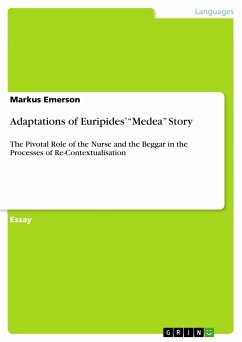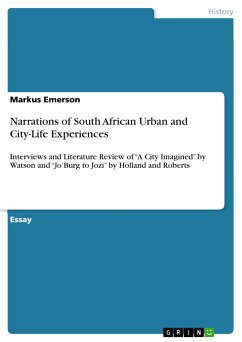
Statt 15,95 €**
5,99 €
**Preis der gedruckten Ausgabe (Broschiertes Buch)
inkl. MwSt. und vom Verlag festgesetzt.
Sofort per Download lieferbar

Statt 15,95 €**
5,99 €
**Preis der gedruckten Ausgabe (Broschiertes Buch)
inkl. MwSt. und vom Verlag festgesetzt.
Sofort per Download lieferbar
eBook, PDF
23. November 2015
GRIN Verlag
Ähnlichkeitssuche: Fact®Finder von OMIKRON
